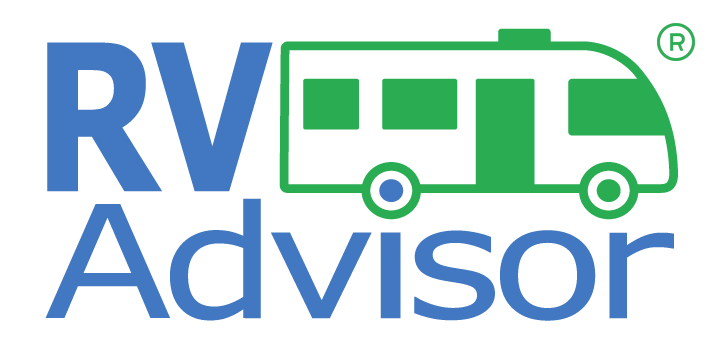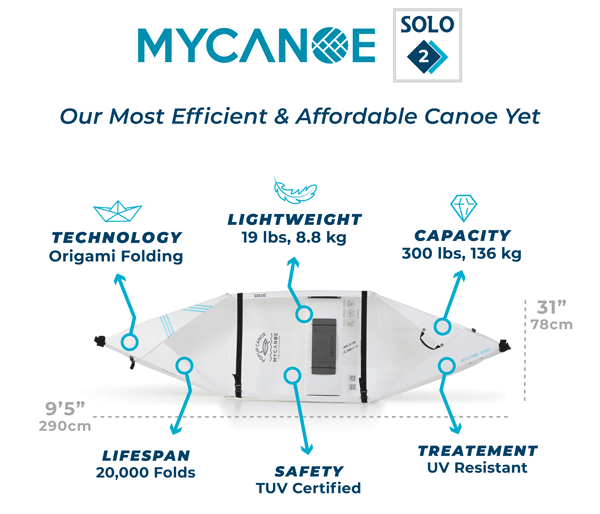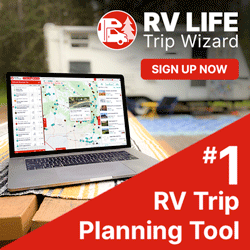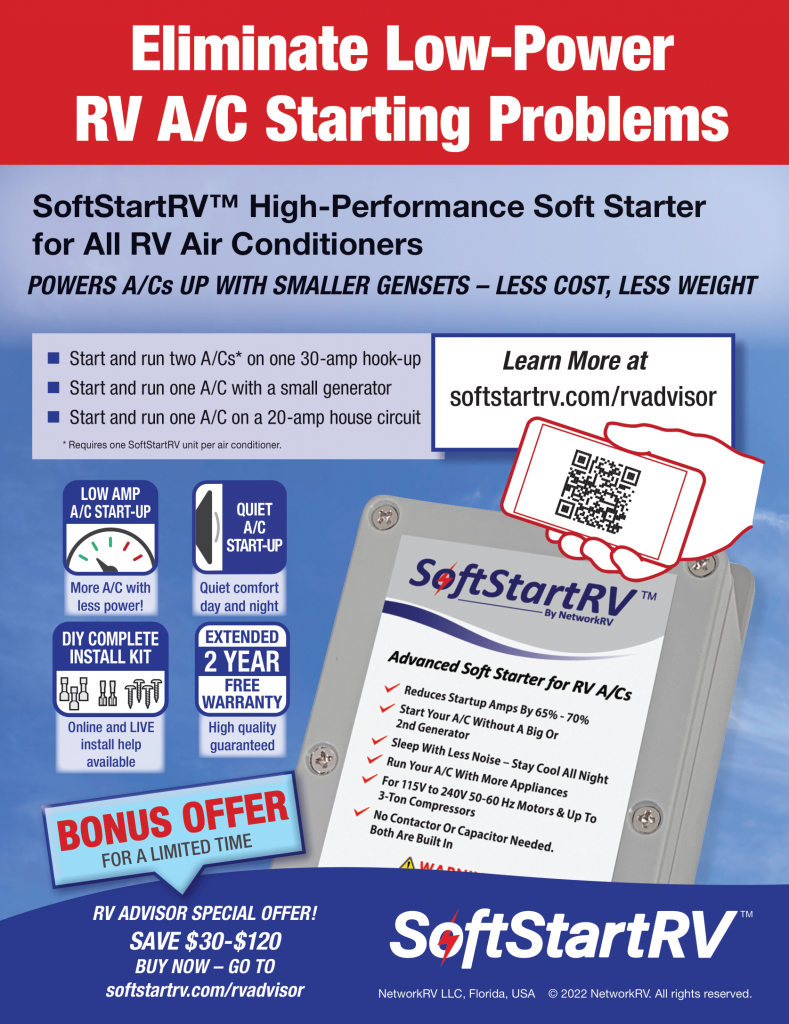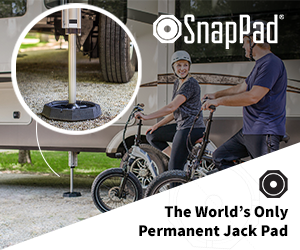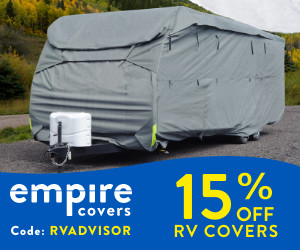Use this as a guide to prepare for life as a full-time RVer
“Why don’t we just sell the house and live in here?”
It’s a question almost everyone at one point or another asks their spouse/partner during a nice RV trip. And while most folks laugh it off, others take the thought seriously. No longer a niche group, right now there about a million full-time RVers in the U.S., and that number is expected to climb.
If this is something you’ve thought about for a while, you may want to join them. Clearly, however, going from a house to a home on wheels involves a lot of planning and preparation. There are a ton of things to consider, and while not an exhaustive list, these tips will help you get started on this exciting journey:
Figure out what you need to do
If you already have an RV, this is one big thing you can cross of your list. It is, however, a good idea to remember that this is going to be your new home, not just a place you’ll be staying for a while. This means that if it’s on the small side, you might want to think about upgrading to something bigger.
You then need to think about all of the things you own. Getting rid of stuff is going to be important. You’re not going to be able to take everything, so you need to set aside time to start going through it all. Sell what you can and donate what you can’t.
As for your home, if you rent, this another major area you don’t have to worry too much about. Once your lease is up, you’ll be good to go. If you do own a house, you’ll need to talk to a realtor or try to sell it on your own. The good news is that unlike moving from house to house, you don’t have to wait until your home sells before enjoying your new abode. Another option is to find a long-term renter, which will supply you with some passive income.
Speaking of income, what about your job? Again, if you are one of the millions of people who work from home and all you need is a good Internet connection, you’re golden. If not, unless you have a lot of money saved or are living on a pension, you’ll want to do some research into jobs you can while living in an RV.
Figure out what you need to take with you
Fitting all of your possessions into your RV may seem like a daunting task and, we’ll be honest, it kind of is. If you’re used to living in a space with many hundreds of square feet to work with – not to mention a basement or garage – trying to make sure everything fits into the small closets and drawers may seem impossible. But the truth is that you really only need these essentials:
- Clothes. Chances are you only use a small percentage of the clothes you own now, which means you may be able to bring along all of your favorite items. Be sure to think about where you’ll be traveling before packing, but even if you get somewhere and need a sweater, for example, almost certainly there will be a store nearby where you can get one.
- Kitchen stuff. While the drawers and cabinets in your house’s kitchen may be full of stuff, how much of it do you actually use? Gadgets are great, but they can take up a lot of valuable real estate in an RV kitchen. Plates and cups, utensils, and cookware are must-haves, but everything else could be considered nice-to-haves. Of course, if you rely on a cup of Joe to get started every morning, you won’t want to forget your coffee maker.
- Entertainment. Even if you plan to visit some interesting spots around the country, hours on the road – not to mention downtime at wherever you’re staying – can get dull. This is why you should think about ways to keep yourself, and everybody else on board entertained. Fortunately, things like tablets and laptops take up hardly any room. You may also want to think about some non-digital things like board games and books, especially if you have kids.
Figure out when you’re going
Now that you know what you have to do and what you need to bring, it’s time to put a departure date on the calendar. While it doesn’t have to be set in stone, with enough pre-planning, you should be able to at least decide on a specific month. Also, you may want to set dates along the way for important tasks so you can stay on track with your progress.
Need more tips on transitioning into a full-time RVer? Your fellow RV Advisor members are ready and willing to share their advice in our forums.
